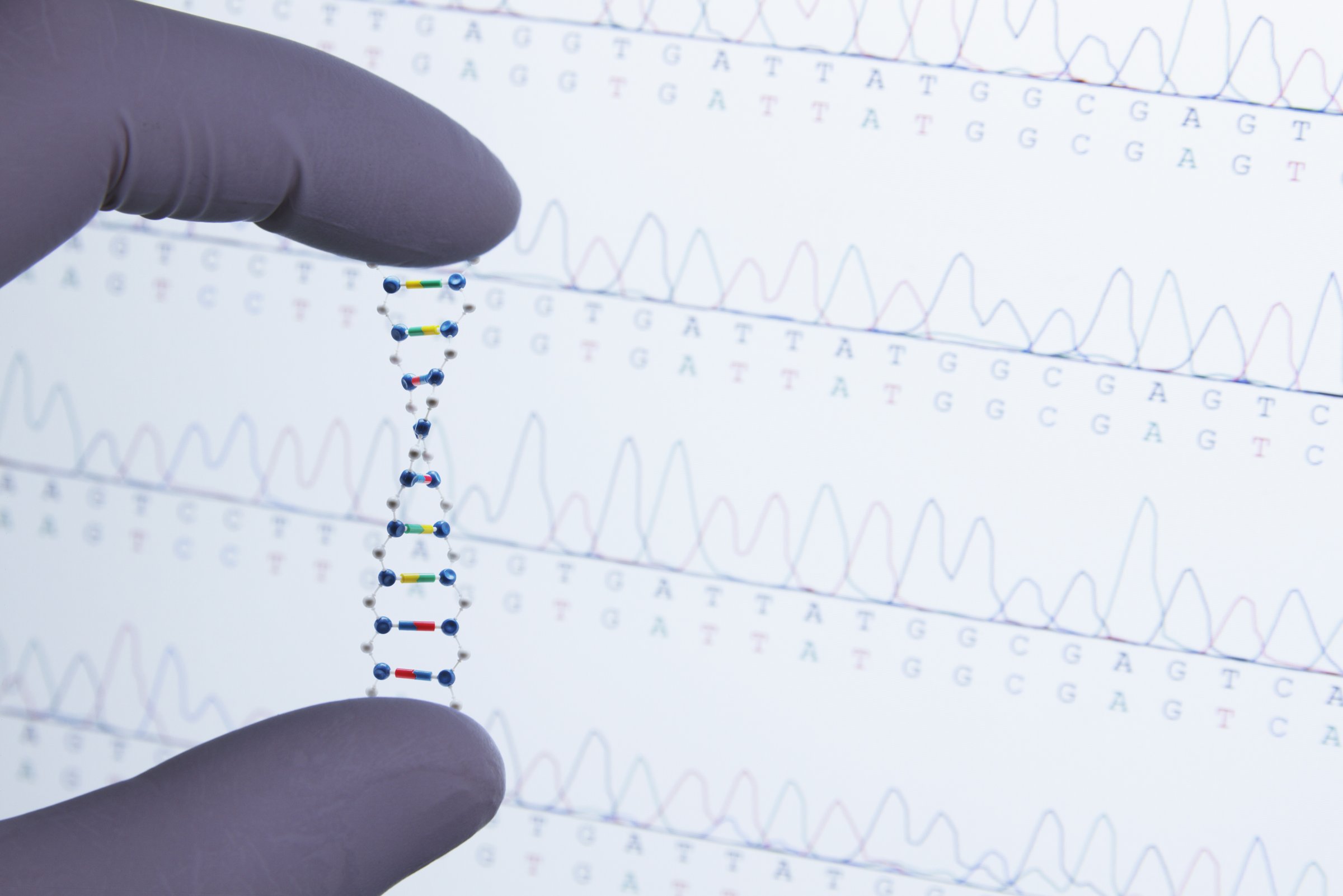
In every neonatal intensive care unit (NICU), about half of the tiny residents are there because they are born prematurely and need help to breathe and get accustomed to their new world outside the womb.
But about third of NICU babies are there because doctors simply don’t know what’s wrong with them. They may have seizures or may not be eating or breathing properly, and nobody knows why.
Fortunately, genetics may be able to help them. With advances in both the depth and speed at which researchers can sequence genomes, newborns can have their DNA analyzed in about 50 hours. But for infants in crisis for whom every minute counts, it may now be possible to unlock their genetic secrets in about 26 hours.
MORE: Genetic Screening Saved This Baby’s Life
In a paper published in the journal Genome Medicine, scientists at Children’s Mercy Hospital in Kansas City report that they have successfully cut in half the time it takes from taking blood from a newborn in distress to a genetic diagnosis.
The key to the drop is a combination of advances in genetic sequencing technology as well as continually improving interpretation of genes that enrich understanding of both their function and what happens when they develop mutations and go awry.
“This technology is even more powerful in terms of its impact on the care of these babies than we expected,” says Dr. Stephen Kingsmore, senior author of the paper and now president of the Rady Pediatric Genomics and Systems Medicine Institute at Rady Children’s Hospital in San Diego. “Fully 60% of babies being tested are getting a diagnosis.”
That diagnosis can be life-saving. For some, it highlights a nutrient that the baby can’t break down because of certain genetic mutations, and changing the newborn’s diet can reverse the symptoms and stop further damage to the baby’s health. The sooner such diagnoses can be made, says Kingsmore, the less potential longterm harms the infant suffers.
The testing starts with the doctor logging in to a robust database dubbed the Phenomizer—which is constantly being updated—of 6,000 genetic variants known to cause problems in newborns. These genetic variants are tied to symptoms the baby is experiencing, so when doctors type in specific sets of symptoms, the Phenomizer spits out a narrowed-down list of genes that might be involved. These genes are then sequenced in detail to pick out any aberrations or mutations they might have. These are then analyzed and interpreted by genetic specialists who can tie the mutations to potential diagnoses.
Not all babies can be diagnosed this way, but as the Phenomizer database grows, and as knowledge about the genetic causes of different diseases expands, that percentage can grow beyond 60%.
So far, the group has only tested the rapid version of the test after-the-fact, on babies who had the longer 50-hour test. And the results are encouraging; the rapid test was 99% accurate in finding and detailing the same mutations.
Before such screening can become more widespread, it needs to be tested in a real-world NICU setting, and its cost must come down. For now, many of the instruments aren’t yet available on the market and are for research use only, and using these, the test costs around $20,000. Finding more ways to automate the analysis of the genetic variants and identifying the DNA differences of interest will help bring that cost down, says Kingsmore. It will also make the test more accessible to more pediatric centers, which may not have genetic medicine experts on hand. “We want to empower NICUs all around the country so babies in 2015 and 2016 can see the benefits of this,” he says.
More Must-Reads from TIME
- Why Trump’s Message Worked on Latino Men
- What Trump’s Win Could Mean for Housing
- The 100 Must-Read Books of 2024
- Sleep Doctors Share the 1 Tip That’s Changed Their Lives
- Column: Let’s Bring Back Romance
- What It’s Like to Have Long COVID As a Kid
- FX’s Say Nothing Is the Must-Watch Political Thriller of 2024
- Merle Bombardieri Is Helping People Make the Baby Decision
Contact us at letters@time.com